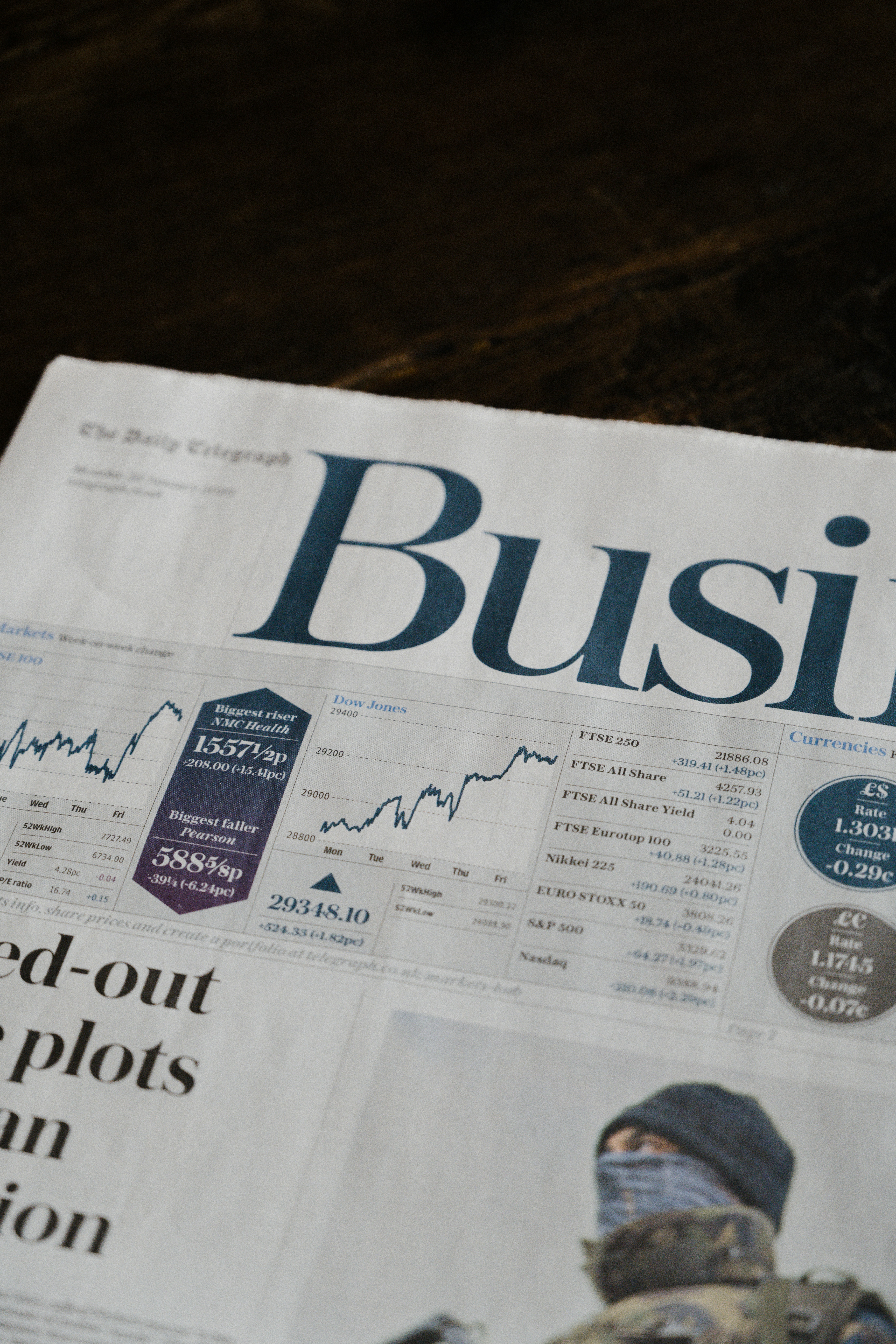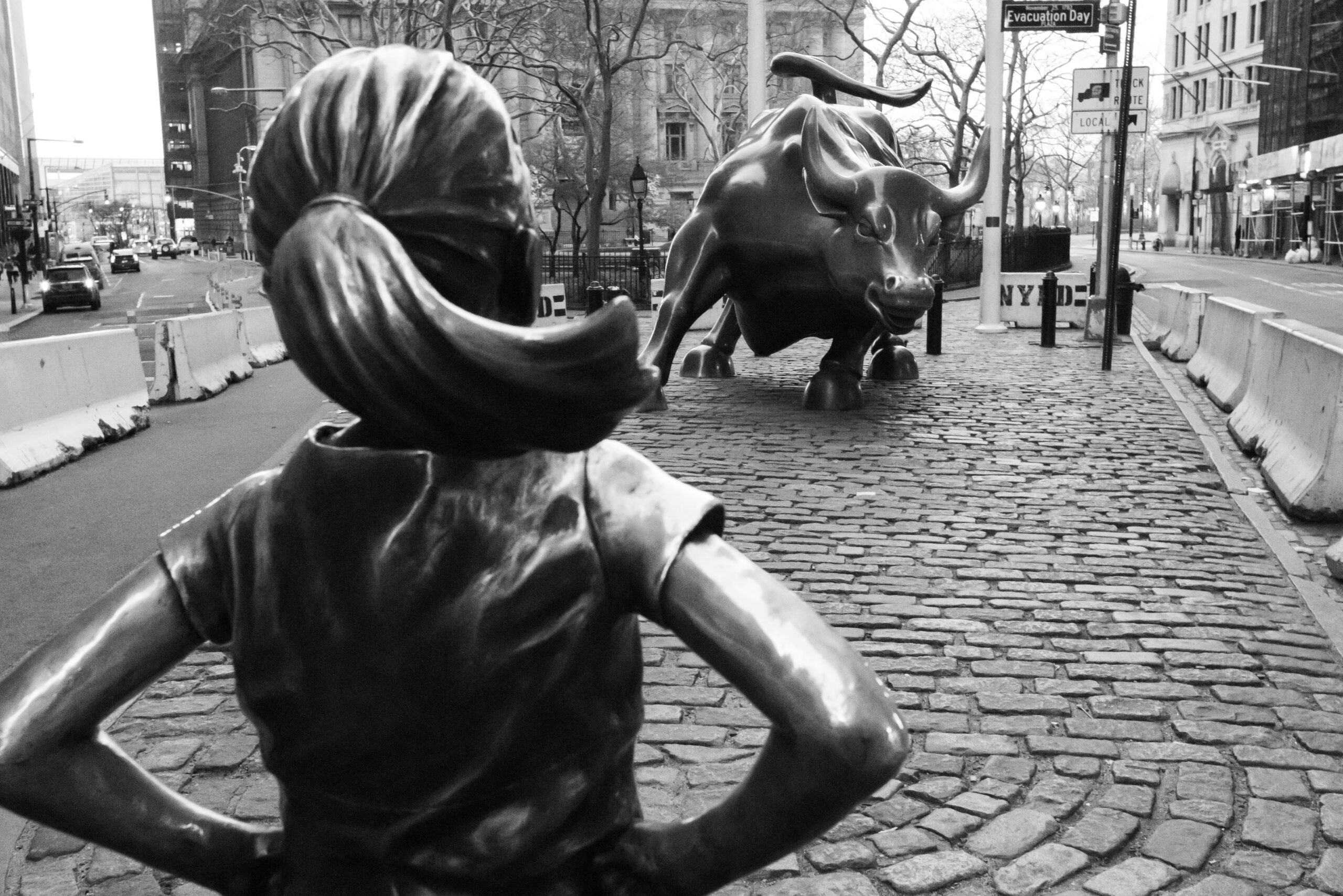 It's easy to assume someone else has done their research...
It's easy to assume someone else has done their research...
That's why all of us keep up with the financial news, after all.
It works OK to let another person tell us what we need to know... to a point. And it's necessary... to a point.
We can't all hand-gather all the data we need every day. Doing so would be prohibitively slow. It's far more realistic for someone else to report it to us when it happens.
The issue is that, far too often, opinion gets presented as fact. Supposed "experts" feed off one another's views, creating an echo chamber. It can be hard to tell what's really going on when these folks are confusing the narrative.
And in times of crisis, information is moving even faster... muddling the truth even more.
 That's exactly what happened when the market plunged in early August...
That's exactly what happened when the market plunged in early August...
Folks tuned in to the big financial media outlets, desperate for an explanation. It didn't take long for those outlets to home in on the yen carry trade.
In no time flat, pretty much every major news source was reporting this as the cause of the market rout.
If they were right, the sell-off was due to a reversal in an investment strategy from halfway around the world. It had nothing to do with U.S. stocks. So the volatility should have made for a great buying opportunity.
They weren't right, though. As my colleague Rob Spivey explained last week, the yen carry trade was a symptom of the sell-off. The actual problem was poor economic data to end July.
And because of that shaky economic outlook, savvy investors had no business trying to blindly "buy the dip."
You'd never have known to proceed with caution if you'd taken the headlines as fact. That's why it's so dangerous to limit where you get your financial information.
By the time you realized these yen carry trade reports were opinions... and that those opinions were wrong... you might have poured far too much cash into the wrong places.
 The true financial experts know better than to take any one opinion as certainty...
The true financial experts know better than to take any one opinion as certainty...
Howard Marks, co-chairman of Oaktree Capital Management, actually touched on this danger in one of his July memos.
Marks is a big name in the investment world. Wall Street legend Warren Buffett follows his work closely... and has even said Marks always teaches him something new.
In his recent memo, Marks recounted countless examples of "expert" certainty about the economy and the market over the past decade... and how people got it flat wrong.
For instance, in 2016, everyone was certain Donald Trump would lose the election. And they were convinced that if he won, it would send the stock market plummeting.
Of course, we know Trump's unexpected victory set off one of the longest monthly winning streaks in market history. Investors were eager to bet on lower taxes and more laissez faire regulation.
Marks even highlighted a great quote from another true expert, economist John Kenneth Galbraith...
There are two kinds of forecasters: those who don't know, and those who don't know they don't know.
Put simply, nobody can be 100% certain about the economy or the markets. The sooner you accept that, the sooner you can make the best possible choices by casting the widest informational net.
 The best thing you can do as an investor – before making any decisions – is to seek disconfirming evidence...
The best thing you can do as an investor – before making any decisions – is to seek disconfirming evidence...
Great investors, and great thinkers in general, embrace that there's a lot they don't know. So instead of seeking to validate their thinking... they test how they could be wrong.
Many hedge funds assign analysts to play "devil's advocate" for another analyst's stock ideas. They don't do this to create more work... It's part of a sound decision-making process.
This approach isn't only for institutional investors. It will make you a better stock picker, as well. You'll be better able to figure out when media "consensus" is fact versus opinion.
Scour any resources you can find to disprove your hypothesis. If you can't prove yourself wrong, your ideas are probably sound. They stand up to reason.
If you can prove yourself wrong, you probably weren't correct to begin with.
Wishing you love, joy, and peace,
Joel
August 16, 2024



 It's easy to assume someone else has done their research...
It's easy to assume someone else has done their research...

